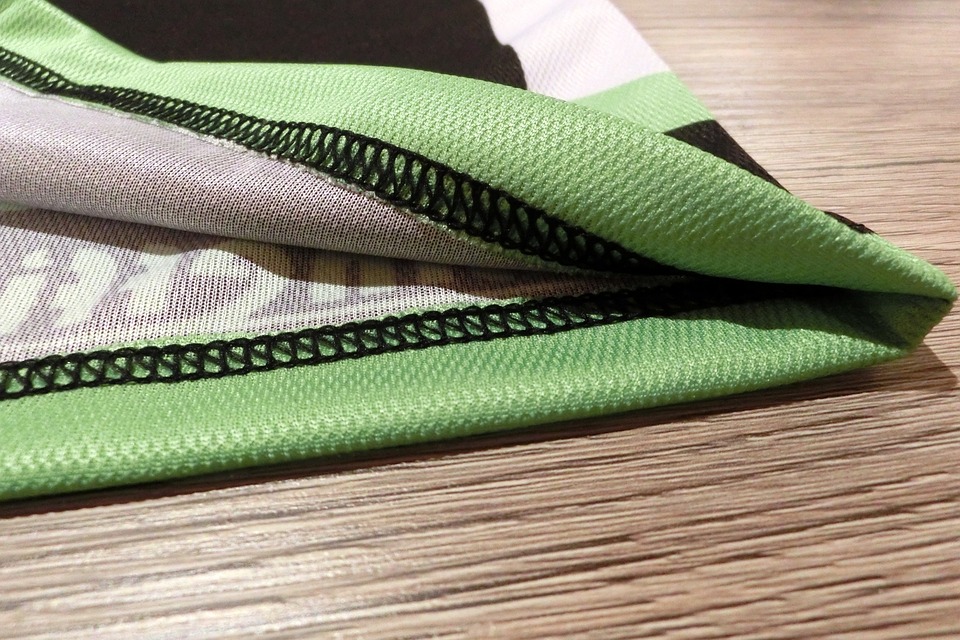Polyester vs. Natural Fabrics: Which is the Superior Choice?
When it comes to choosing fabrics for clothing, bedding, or home decor, there is often a debate between polyester and natural fabrics. While both options have their advantages and disadvantages, it is essential to understand the characteristics of each to make an informed decision. This article aims to delve into the pros and cons of polyester and natural fabrics to determine which is the superior choice.
Polyester, a synthetic material, has gained popularity in recent years due to its low cost and easy maintenance. It is a man-made fabric derived from petroleum, making it a less sustainable choice compared to natural fabrics. However, polyester does have a few advantages. Firstly, it is highly resistant to wrinkles, which means clothing made of polyester tends to look crisp and neat even after multiple washes. Additionally, polyester is known for its durability and prolonged lifespan, making it suitable for frequently worn items or household textiles. Lastly, polyester is a hydrophobic material, meaning it does not absorb moisture like natural fabrics. This quality makes it ideal for sportswear or when water resistance is desired.
On the other hand, natural fabrics, such as cotton, linen, silk, and wool, are derived from organic sources. These fabrics have been used for centuries and continue to be prized for their comfort and breathability. Cotton, being the most popular among them, is exceptionally gentle on the skin and offers excellent moisture-wicking properties. It allows the skin to breathe, making it comfortable and suitable for hot weather. Moreover, natural fabrics have a higher level of biodegradability, making them eco-friendly and sustainable alternatives to synthetic materials like polyester. This factor has become increasingly important with the growing concern for environmental conservation.
One primary disadvantage of natural fabrics is their tendency to shrink when exposed to heat or moisture, which can be problematic during the washing process. Furthermore, they often require more maintenance and care, as they might need ironing, special detergents, or dry cleaning. Additionally, natural fabrics are sometimes less durable than polyester, especially when it comes to frequent use, fading, or pilling.
Determining the superior choice between polyester and natural fabrics ultimately depends on personal preferences and specific uses. Polyester may be a suitable option for those seeking affordable, low-maintenance clothing or textiles, especially for travel or athletic wear. On the other hand, if comfort, breathability, and sustainability are of utmost importance, natural fabrics like cotton or linen might be the superior choice. They provide a softer touch, better moisture absorption, and a more environmentally friendly alternative.
In conclusion, both polyester and natural fabrics have their advantages and drawbacks. While polyester offers low-cost durability and easy maintenance, natural fabrics provide comfort, breathability, and eco-friendliness. It is crucial to consider personal needs, preferences, and environmental concerns when making a decision. Ultimately, a balance between durability, comfort, sustainability, and budget must be attained to make the best choice for clothing or home textiles.

